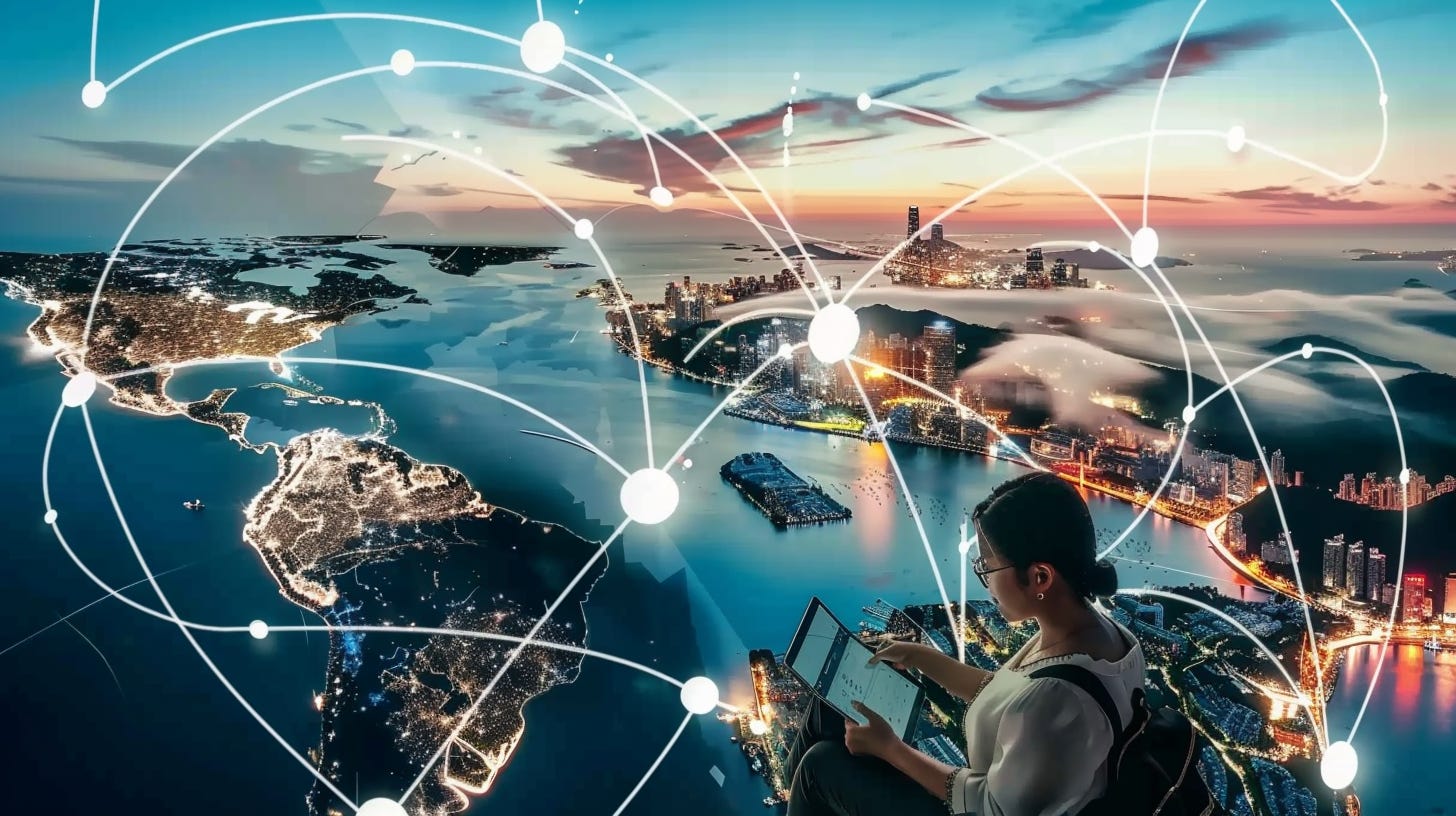How Would a Second Trump Administration Impact Enterprise AI?
A change in administration would create new opportunities and challenges for businesses.
How would a second Trump Administration impact enterprises adopting AI? While my mother was an astrologer (Jacqueline Bigar), I do not pretend to see the future. Still, anyone can see the odds of a second Trump Administration have increased over recent weeks.
The potential AI impacts for enterprises are two-fold, with both positives and negatives. Here is a quick survey of some likely policy impacts.
Pros
Outcomes Focused: Currently, the Biden Administration policy discussions and regulations focus on how AI technology regulation to ensures safety and security, with efforts to prevent bias, data exploitation, and workforce displacement. This effort seeks to build guardrails in AI models to prevent potential negative outcomes that have not yet occurred.
If Trump were to achieve a second term, the regulatory focus would shift to managing outcomes rather than the technologies themselves. Regulatory bodies would reign in use cases as they move to market or after they are launched to prevent or end negative outcomes, respectively.
For example, the FDA may move to regulate preventative and quality measures placed on an AI physical training application rather than how it works. This means businesses would need to focus more on the impacts AI apps make on customers than how it is actually built, or why it achieves its outcomes.
Deregulation: In the same vein, a standard Republican business approach is to focus on deregulation, to allow AI development with minimal oversight. This is in line with the prior Trump administration policy that sought to, “accelerate AI innovation in the U.S. for the benefit of the American people. These activities align with several areas of emphasis: AI for American Innovation, AI for American Industry, AI for the American Worker, and AI with American Values “.
An unleashed AI industry would be much freer to build AI technologies without fear of backlash. There are likely negative impacts, too, but certainly, the movement toward Artificial General Intelligence (and its ever-changing definition) would accelerate and come to its potential fruition sooner.
Different Investment Approach: The biggest customer in the United States is the federal government. Its ability to use procurement funds, hiring, and new initiatives to implement policy is unrivaled. The Biden Administration sought to foster AI by implementing strong data governance, chief AI officers in every agency, and AI technology throughout the Federal Government.
A second Trump Administration will take a more grandiose approach to AI investment, seeking to make “America First in AI.” This includes funding flamboyant efforts like the Manhattan Project or dare we say a unique agency like the Space Force? Combined with less regulation, you can expect Silicon Valley, big tech vendors, and tech services across the federal contracting community to rally around Trump AI. And, that means better tech will arrive in your enterprise sooner.
Cons
Human Rights: It should come as no surprise that human rights would be impacted by potential Trump Administration AI policies. That begins with using surveillance technologies to monitor the federal workforce, an unfortunate reality used to terminate in-agency political enemies towards the end of the first administration.
Moving forward, such AI can be used to identify and deport illegal immigrants, attack political enemies in and outside of the federal government, and even undermine liberal civil rights advocates. Businesses may have impacted employees that they will need to guarantee protection, in similar fashion to the way Apple and Disney guaranteed same-sex rights.
Businesses may also have the choice to use such tools to manage their own workforce. Widespread use of big brother technologies to enforce workforce policy can create problems for cultures, employee retention, and general reputation.
No Guardrails = Bad Outcomes: Sure, we could see stronger technologies as a result of deregulation. A deregulated AI environment will increase the likelihood of AI abuses. It is likely that some businesses and government organizations will shed all semblance of ethics and use AI to exploit people in a wide variety of ways.
From stealing intellectual property to using narrow segmentation and personalization to garner purchases from young and old consumers alike, some businesses will profit at the expense of others. We could see similar widespread societal conditioning impacts from AI on demographics like teen girls. Of course, the biggest fears may be realized with military AI and its impacts on combat.
Businesses that choose to deploy customer-facing AI could face backlash from customers. It could also negatively impact programmatic advertising and promotions via AI-empower social and media networks. If problems persist and become widespread, brands and businesses that use AI may be forced to self-regulate through trade associations.
AI Cold War: If Trump were to get elected, one can expect a very negative approach toward China's economic policy, including new tariffs. This would create severe impacts for the larger tech industry, as well as Taiwain-based AI companies. In a worst-case scenario, American AI could be seen as adversarial and suffer severe economic consequences in China and its dependent markets. In such a case, American AI may be First… to lose.
Again, predictions are just that, and of course, the election is still four months away. What happens remains to be seen, but understanding the impacts on AI implementation can help some businesses prepare to better manage for potential innovation and new negative impacts.
How do you think a second Trump Administration would impact AI?
Images created on Midjourney.







You’ve given me the idea for my next issue. Thanks!